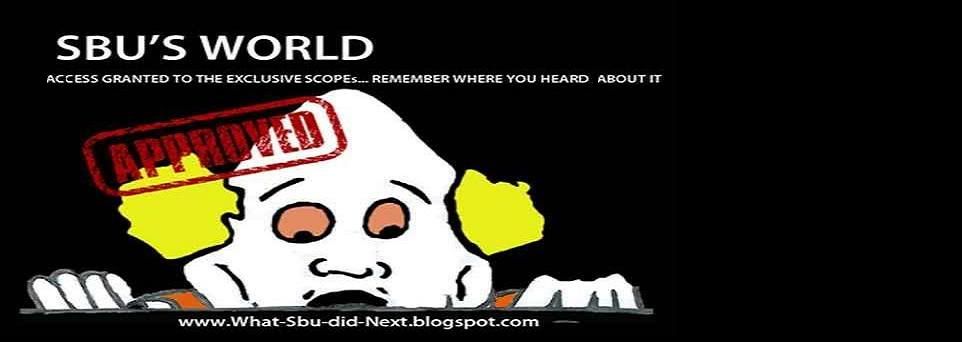After all the immense effort by South Africa and the Southern
African Development Community of forming a unity government and bringing peace
through democracy over the past five years, elections free from violence
finally took place in Zimbabwe.
Robert Mugabe
claimed 61% to 33% majority victory over MDC in what was perceived as heavily
disputed July elections. Dispute there being few arrests, less intimidation,
violence, and more freedom of speech, Morgan Tsvangirai has rejected the
results announced by Zimbabwe Electoral Commission as a “huge farce” and
alleged immense vote rigging, mainly through a voters roll which he says was
grossly manipulated and most voters were turned away from the pools. He’s
contesting the outcome.
While uncertainty still haunts about the county’s future in Zanu-PF’s super majority government and its relation with the rest of the world, the aftermath of the election could possibly have negative impact on the millions of Zimbabweans reeling with poverty and a bleak future in an already economically stricken county. Economists say the country has a more than 70% unemployment rate and out of a 13 million around one million people are formally employed. Many families are prone poverty as disposable income continues to dwindle and for others this means crossing borders to seek greener postures again.
Analysts have
expressed concerns over how the election dispute possibly plunging locals into
misery as economy is now on stagnation mode after recovering in 2009.
Christopher Mugaga says political risk will be a major factor after Zanu-PF’s
disputed super majority win as they are likely “remain intransigent to the
demands of attracting foreign direct investment as so-called sanctions are
still in place,”
One needs to
remember that US wanted a peaceful succession to Mugabe through credible
elections: so does SA who bore the brunt of thousands of Zimbabwean refugees
who fled across the border from the 2008 violence. There is shared interests
create an opportunity for both to forge a partnership with the country
specially for SA as there’s still popular resentment and fear of xenophobic
outbreaks if the
situation remains the same. This will further tarnish SA’s reputation as
"the rainbow nation”
The AU and
SADC’s respective reputation is prone to more attacks after their quick of
endorsement the Zimbabwe election. The 50 year old AU has been heavily
criticised for its failure to stop regional conflicts and also its support for
controversial leaders. Despite many irregularities being reported, they
continued to declare the elections as “free” because of lack violence. Even
president Zuma sent congratulations to Zanu-PF: What does this mean about SA
and SADC’s choice of friends? It would not be the first times, remember in 2011
when they refused the Dalai Lama VISA but allowed Equatorial Guinea dictator
president Teodoro Obiang Nguema?
As SADC and the
AU seek to legitimise Mugabe's presidency by continuing to call for the lifting
of the sanctions, looking ahead it’s likely the west likely to retain
sanctions Mugabe as he’s likely to resign any time soon.



No comments:
Post a Comment